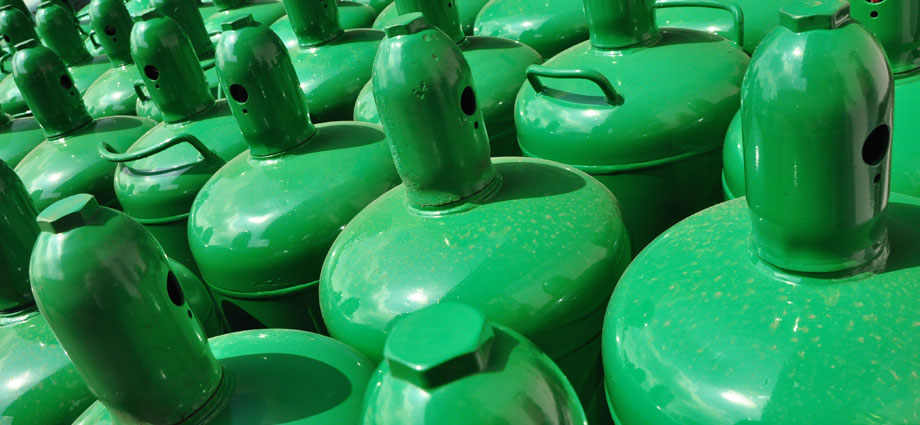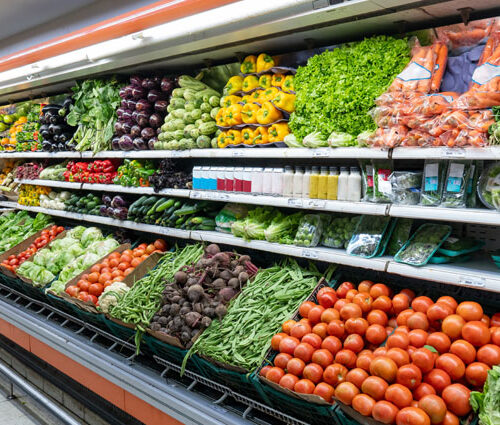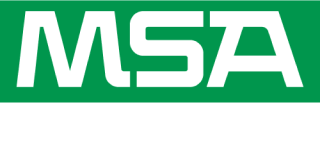
Customs officials worldwide face an ongoing challenge with the illicit trade in refrigerants that pose significant environmental and economic threats. This problem is particularly pertinent in Europe, where stringent F-Gas regulations aim to reduce the environmental impact of these substances. Refrigerant identifiers have emerged as essential tools for customs officials in the battle against illegal refrigerant trading, helping them uphold these regulations and protect the environment.
The Global Significance of Refrigerant Trade
Refrigerants play a vital role in our modern world, from keeping our homes comfortable to preserving perishable goods during transportation. However, the misuse and illegal trade of these substances contribute to the depletion of the ozone layer and exacerbate global warming. Recognizing the gravity of this issue, international agreements, such as the Montreal Protocol, have been established to regulate the production and consumption of ozone-depleting substances.
Europe’s F-Gas Regulations
Europe, in particular, has taken a proactive stance in curbing the emissions of greenhouse gases, including those from refrigerants. The F-Gas regulations introduced stringent measures to control the use, production, and trade of high Global Warming Potential (GWP) refrigerants. Compliance with these regulations is vital for safeguarding the environment and mitigating climate change.
The Role of Refrigerant Identifiers
Refrigerant identifiers are indispensable tools for customs officials tasked with enforcing F-Gas regulations. Here’s why:
1) Identification of Refrigerants:
Refrigerant identifiers can swiftly and accurately determine the type and purity of refrigerants. This capability is crucial in identifying whether imported or exported refrigerants comply with F-Gas regulations.
2) Detection of Counterfeit Products:
Counterfeit refrigerants, often with false labels, flood the market. Refrigerant identifiers can verify the authenticity of these fluids, to help ensure that only legitimate, compliant refrigerants enter the market.
3) Helping Prevent Cross-Border Smuggling:
Refrigerant smuggling across European borders is a significant concern. Identifiers enable customs officials to quickly qualify illegal shipments and prevent unauthorized movement of refrigerants which can be illegal to import or outside the country’s import quotas, thus upholding the integrity of F-Gas regulations.
4) Environmental Stewardship:
Europe’s commitment to environmental protection is unwavering. By utilizing refrigerant identifiers, customs officials contribute to reducing emissions and promoting responsible refrigerant management.
The illegal trade in refrigerants poses serious environmental and economic threats, particularly in regions with stringent regulations like Europe’s F-Gas framework. Customs officials play a pivotal role in safeguarding the environment and ensuring compliance with these regulations. Refrigerant identifiers are invaluable tools that empower customs officials to identify, detect, and prevent illegal refrigerant trading, ultimately helping to mitigate climate change and protect our planet.
In the ongoing battle against illegal refrigerant trade, investing in state-of-the-art refrigerant identifiers is not just a choice; it’s a necessity. These tools are essential for customs officials in fulfilling their vital role in upholding environmental regulations and ensuring a sustainable future for all. The Legend Series™ HFC is one of the most advanced refrigerant analyzers in the market and is capable of measuring vapor or liquid refrigerant to confirm purity while detecting the presence of other harmful refrigerants or air. Reduce the uncertainty and analyze every refrigerant before handling so you can ensure you are safeguarding yourself, your equipment, and the environment to certify the job is done right.






